– United Nations Brundtland Commission 1987
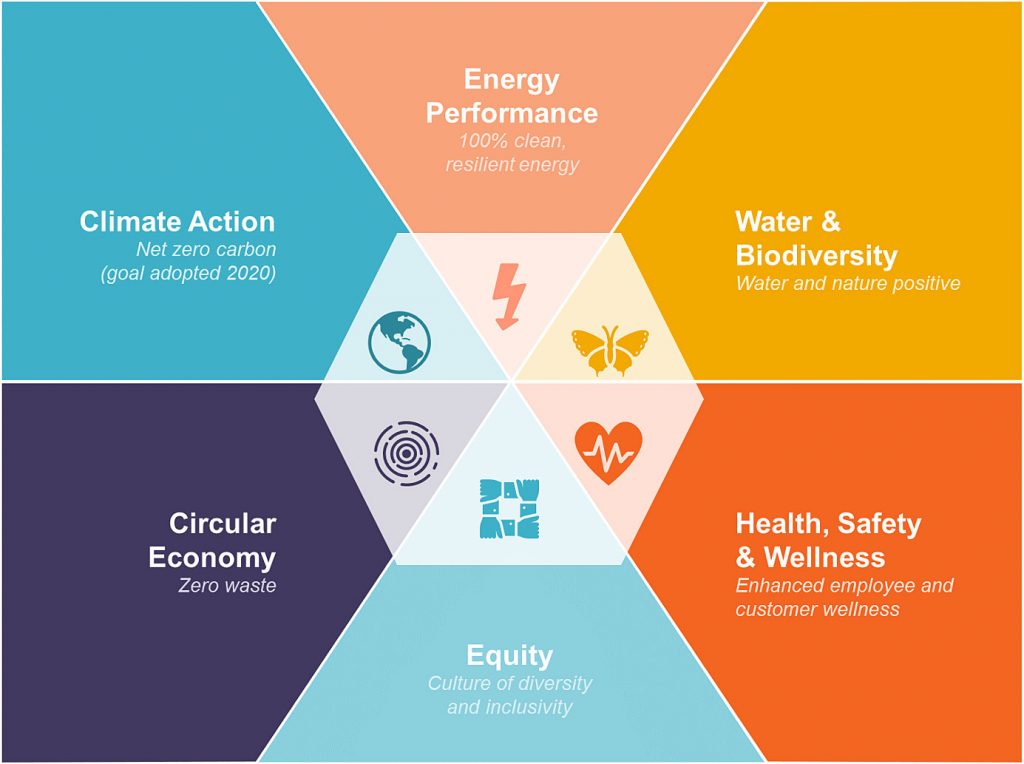

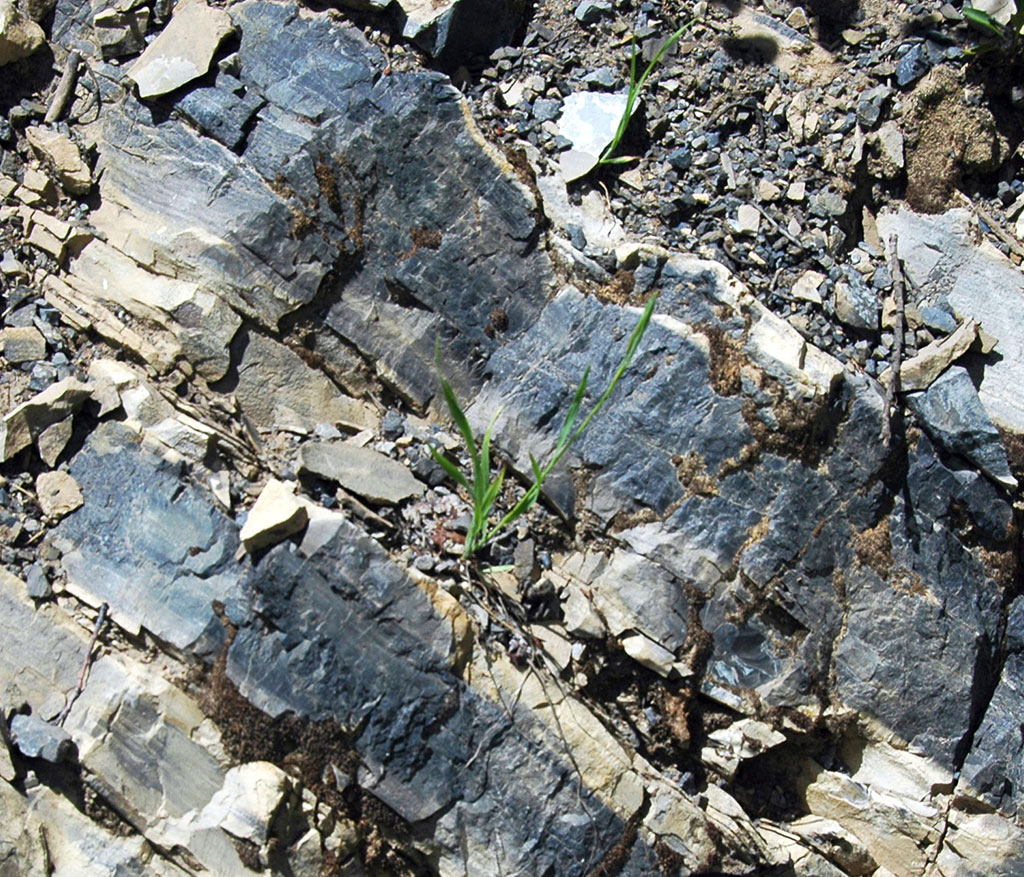





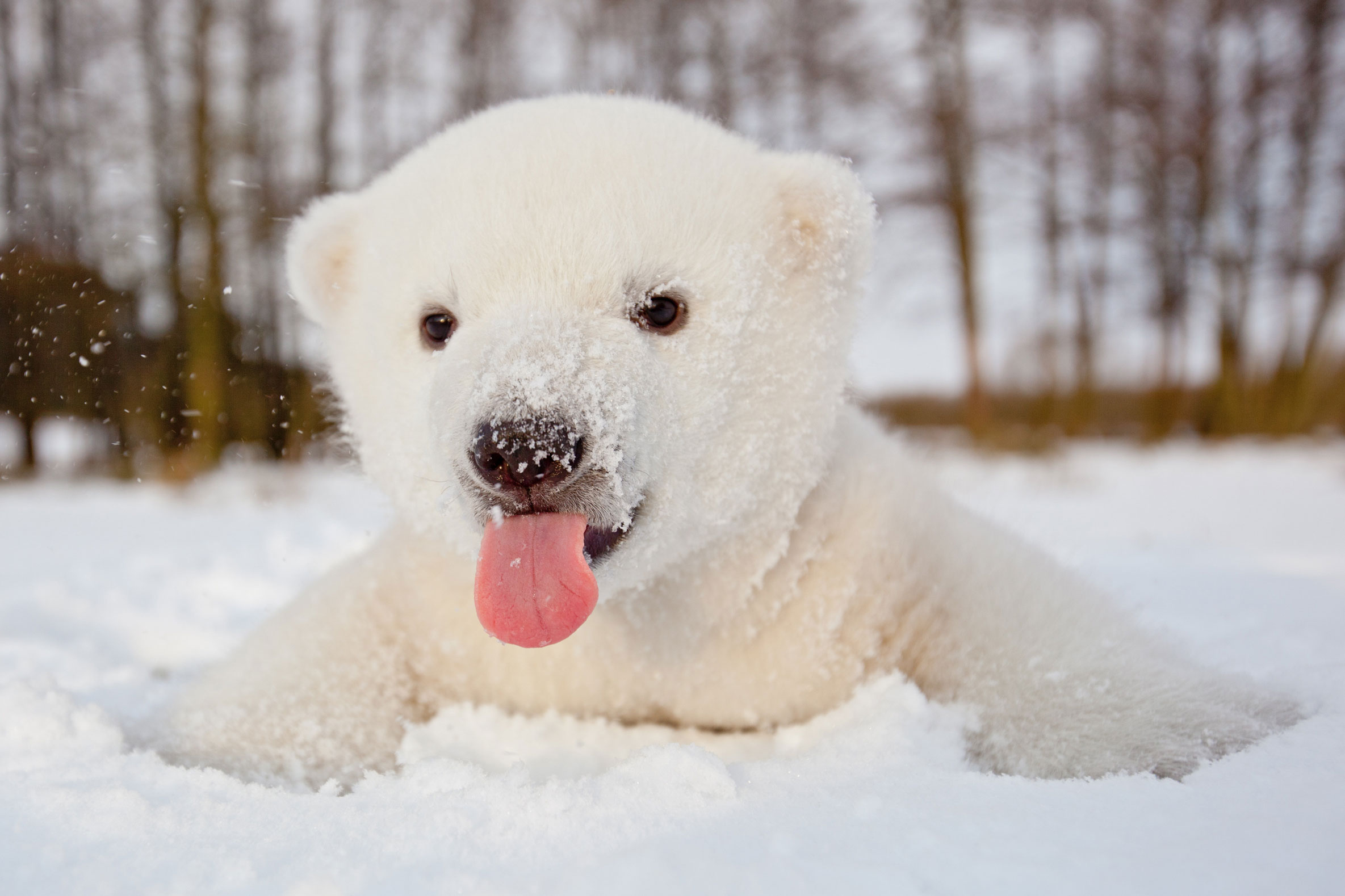
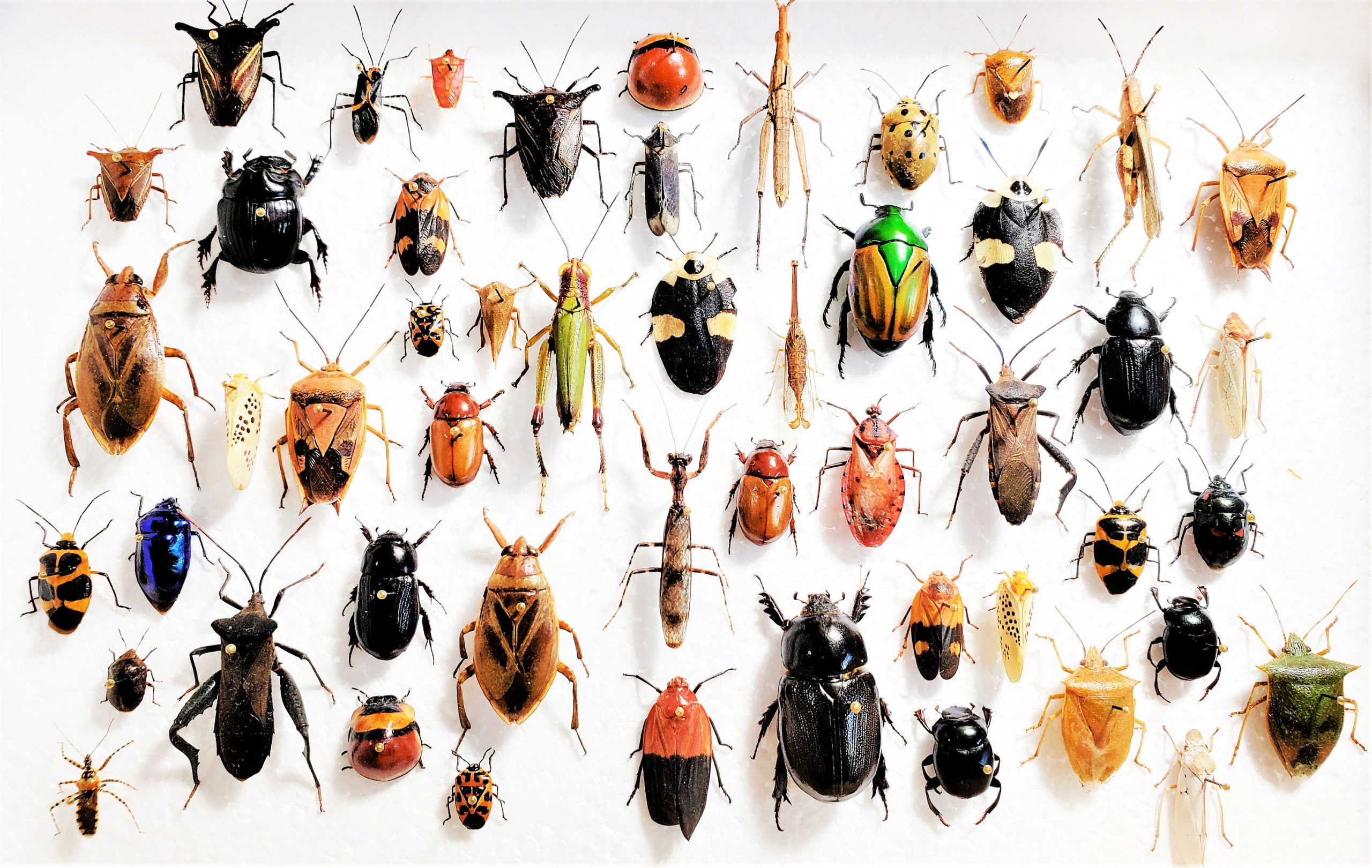

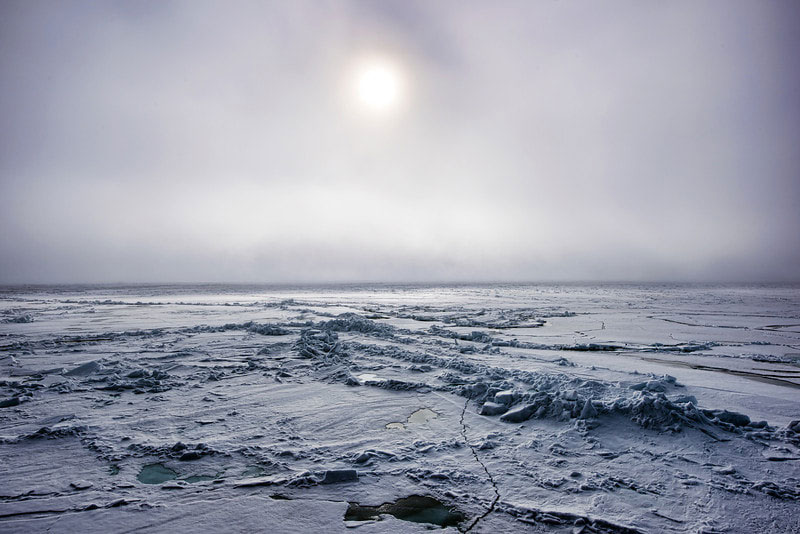
Answer: The water inside bottled water is safe to drink but buying lots of water that’s in plastic bottles is NOT great for the planet. The real problem is producing and throwing away all that plastic.
Answer: We can all contribute to reducing climate change, and therefore help polar bears and other endangered species, by reducing the amount of polluting gas emissions from burning fossil fuels, such as coal and oil.
Answer: In terms of numbers of species, insects certainly represent the largest percentage of the world’s organisms and in numbers of individuals, the answer may be ants. There are 14,000 known species of ants and they all form ant colonies.
Answer: Without the Sun, Earth’s land, water, and air would all be frozen solid. All life that we know of needs liquid water to survive and without the Sun, life on Earth would cease to exist.
Answer: We are most likely in an ice age now, called the Pleistocene Ice Age, and it has been going on since about 2.5 million years ago. The curious thing about ice ages is that the temperature of Earth’s atmosphere doesn’t stay cold the entire time, with one important factor being the amount of light Earth receives from the Sun.